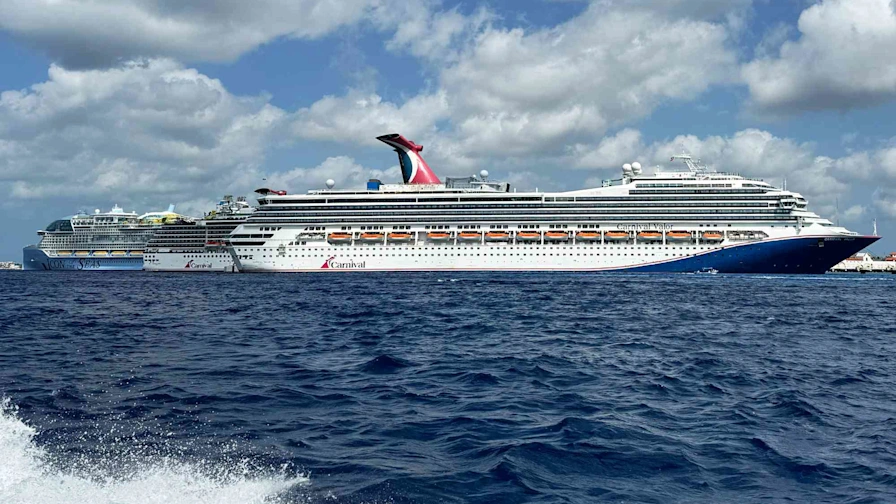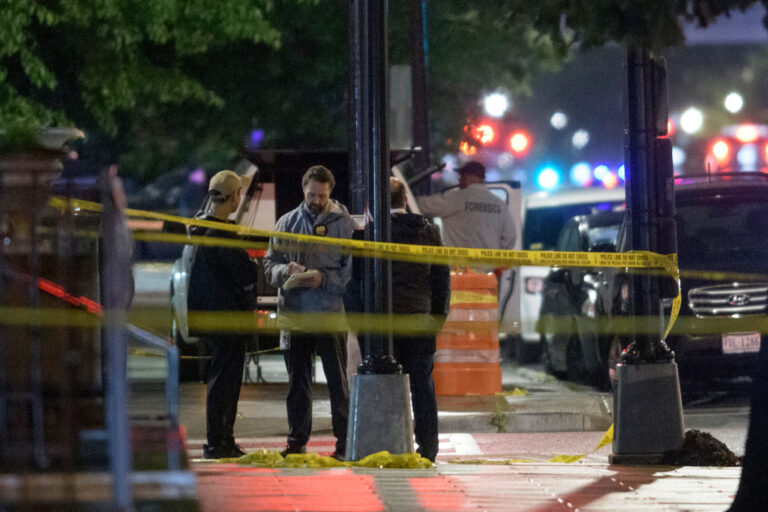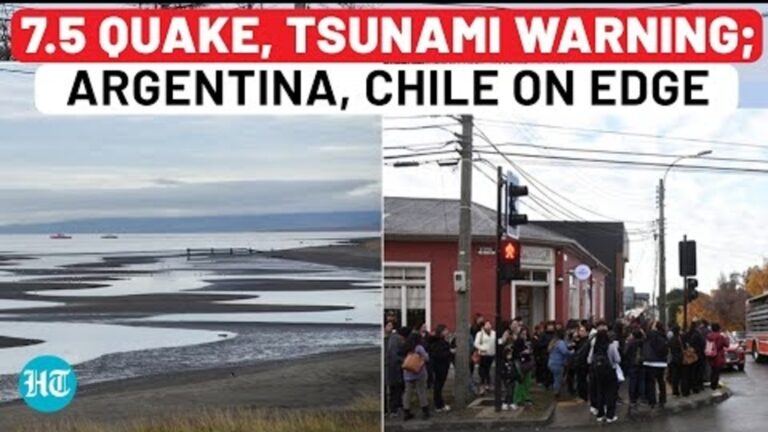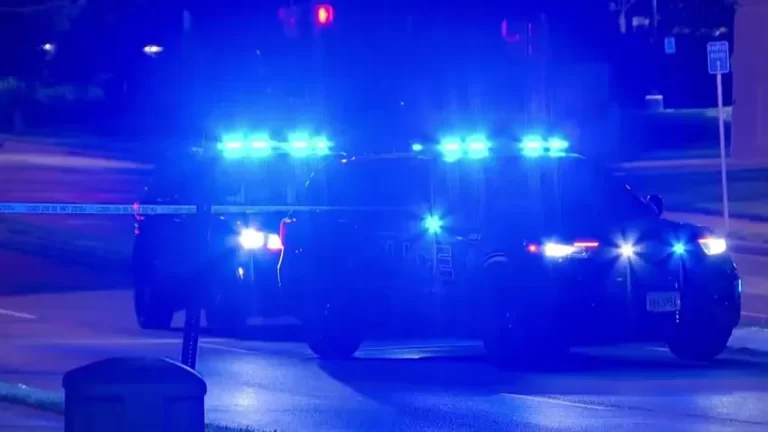
Washington, D.C. — In a dramatic and controversial policy announcement, former President Donald Trump has called for the reopening of Alcatraz, the infamous island prison off the coast of San Francisco, to house what he described as the “dregs of society” — a sweeping label he applied to violent offenders, repeat criminals, and members of transnational gangs.
Speaking at a campaign-style rally in Phoenix, Arizona, Trump outlined his vision for a new, tough-on-crime agenda that includes resurrecting the long-shuttered prison as a high-security facility designed to detain what he termed “America’s most dangerous, most hardened, and most remorseless criminals.”
“They Have No Place in Civilized Society”
“Alcatraz was once the last stop for the worst criminals — and under my plan, it will be again,” Trump told a cheering crowd. “These people — violent gang members, cartel thugs, career criminals who’ve been let loose by radical-left prosecutors — they don’t belong in our neighborhoods. They have no place in civilized society.”
The announcement marks one of the most symbolic moves yet in Trump’s renewed focus on crime and border security, core issues for his political base. The proposal includes expanding federal authority to detain certain classes of offenders and routing them to a “modernized Alcatraz facility” operated under direct federal oversight.
A Symbolic Fortress with a Dark Past
Alcatraz, often called “The Rock,” operated as a federal prison from 1934 to 1963. It once held notorious inmates like Al Capone and “Machine Gun” Kelly, but was shuttered after being deemed too expensive and outdated. It has since become a major tourist attraction and a National Historic Landmark.
Legal experts and historians were quick to express skepticism and concern. Transforming a historic site into an active prison could face significant legal, environmental, and logistical challenges — not to mention opposition from local and state officials in California.
“The idea of reopening Alcatraz may make for a fiery soundbite, but in practice, it’s an extraordinarily complicated and probably unworkable proposition,” said Dr. Lisa Maldonado, a criminal justice professor at UCLA. “It also raises serious questions about human rights, due process, and the symbolism of such a move.”
Critics Call Plan “Authoritarian,” Supporters Applaud “Bold Thinking”
Civil liberties groups denounced the plan as authoritarian and dehumanizing. The ACLU issued a statement saying, “Using language like ‘dregs of society’ and threatening to exile people to a symbolic prison island sets a dangerous tone for democracy and justice.”
Still, many of Trump’s supporters embraced the idea as a needed response to rising crime and public frustration over lenient sentencing. “Finally, someone is standing up for victims and saying enough is enough,” said a supporter at the Phoenix rally. “If they can bring back Alcatraz, maybe they can bring back law and order.”
A Campaign Flashpoint?
While the plan has not been introduced as formal legislation, it is expected to become a flashpoint in Trump’s 2024 campaign as he leans heavily on law-and-order themes. It also reflects his penchant for bold, headline-grabbing moves that stir both admiration and alarm.
Whether the proposal gains traction or remains a provocative talking point, one thing is clear: Trump’s call to reopen Alcatraz — once thought relegated to history — is reopening new debates about crime, punishment, and the future of American justice.






